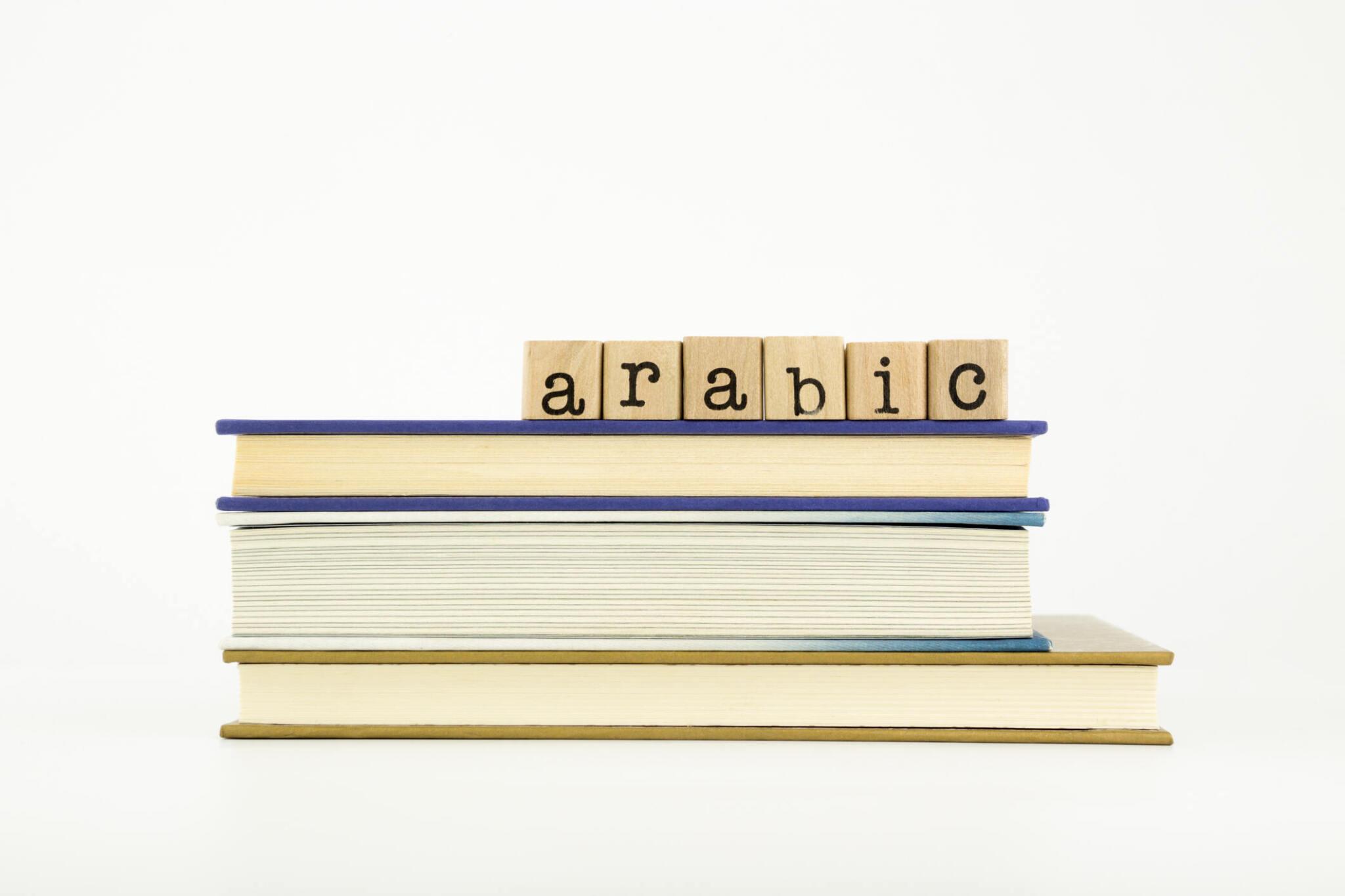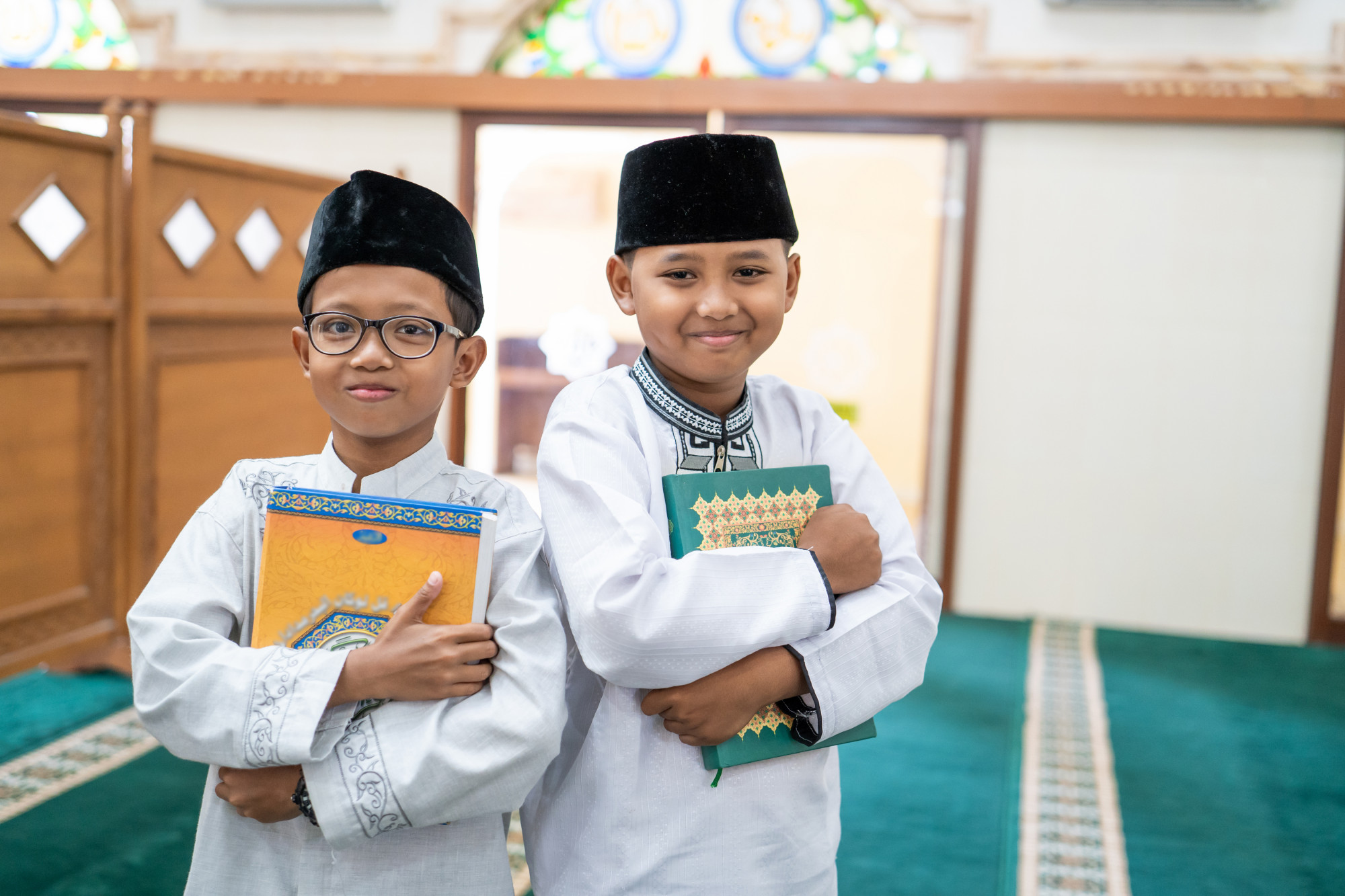
Arabic Literature and Language Learning: Exploring the Power of Words
Language learning goes beyond mere grammatical structures and vocabulary; it delves into the intricate tapestry of literature, providing learners with a deeper understanding of culture and expression. Arabic, a language rich in history and tradition, offers a unique exploration into the power of words through its extensive literary heritage. This essay examines the profound impact of Arabic literature on language learning, emphasizing the role of online resources, digital lessons, and virtual tutoring in unlocking the treasures of this captivating language.
The Beauty of Arabic Literature:
Arabic literature stands as a testament to the profound beauty and eloquence of the language. From classical works such as "One Thousand and One Nights" to contemporary masterpieces, Arabic literature captures the essence of the Arab world's cultural and linguistic richness. By delving into Arabic literary works, language learners gain exposure to diverse linguistic styles, poetic forms, and narrative structures, fostering a nuanced appreciation for the language.
Enroll now
Integration of Literature in Arabic Learning:
-
Vocabulary Enrichment: Reading Arabic literature exposes learners to a plethora of words and expressions, expanding their vocabulary beyond everyday conversational language. Exposure to literary Arabic helps learners grasp the intricacies of formal language, enabling them to communicate with depth and precision.
-
Cultural Context: Literature serves as a window into the cultural, historical, and societal aspects of the Arab world. Through literary exploration, language learners gain insights into the values, traditions, and perspectives that shape the Arabic language. This cultural context enhances language comprehension and promotes cross-cultural understanding.
-
Enhanced Language Proficiency: Studying Arabic literature provides learners with opportunities to refine their language skills by analyzing complex sentence structures, idiomatic expressions, and rhetorical devices. The exposure to diverse linguistic forms contributes to a more comprehensive and advanced language proficiency.
Online Arabic Learning and Literary Exploration:
The digital era has revolutionized language learning, offering an array of online resources to explore Arabic literature. Online Arabic classes, web-based courses, and digital workshops have become integral components of language education, facilitating literary exploration in a virtual environment.
-
E-Learning Platforms for Literary Studies: E-learning Arabic platforms provide curated courses on Arabic literature, offering learners the opportunity to delve into the works of renowned authors and poets. These courses often integrate digital lessons, web classes, and virtual tutoring to create a comprehensive and interactive learning experience.
-
Virtual Book Clubs and Web Seminars: Online platforms host virtual book clubs and web seminars focused on Arabic literature, fostering a sense of community among learners. These interactive forums allow participants to discuss literary works, share insights, and engage in meaningful conversations that contribute to language development.
Conclusion:
Arabic literature serves as a gateway to the soul of the Arabic language, unraveling its complexities and unveiling its beauty. Through the integration of online Arabic resources, learners can embark on a literary journey that enhances their language proficiency while providing a profound understanding of Arab culture. By recognizing the power of words in Arabic literature, language learners not only expand their linguistic capabilities but also cultivate a deeper connection to the rich heritage embedded within the Arabic language.
Enroll now
Recent posts


How To Learn Arabic ?
Aug 29 2022
The importance of the Holy Qur'an
Sep 26 2022
Exploring the Rich of Islamic Studies
Jan 08 2024